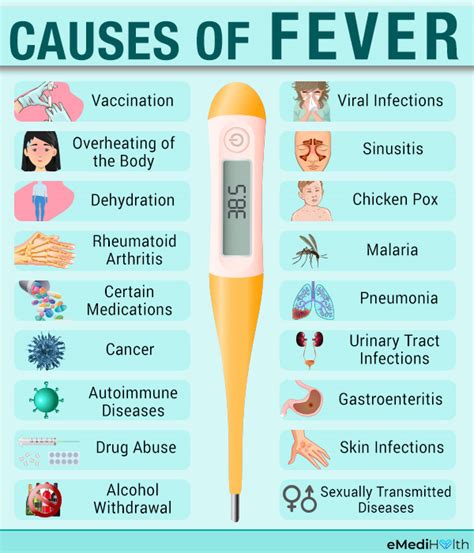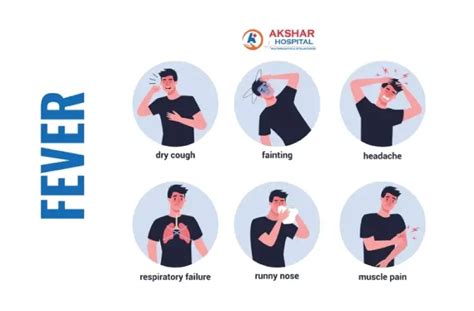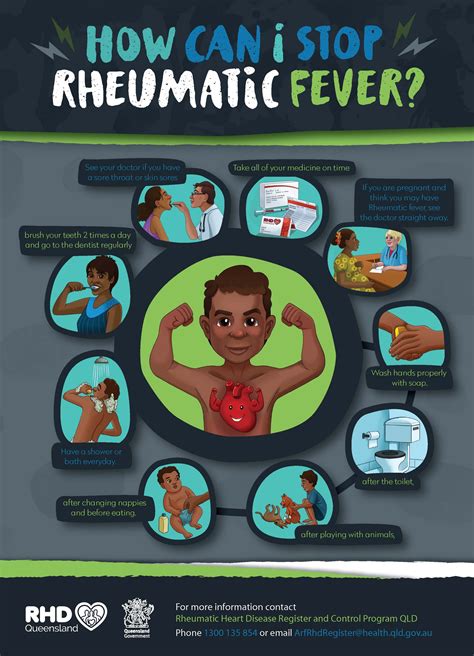Intro
Understanding fever causes, symptoms, and treatments. Learn about high fever, low-grade fever, and fever reduction methods, including medication and home remedies to manage fever effectively.
Fever is a common symptom that affects people of all ages, and it can be caused by a variety of factors, including infections, inflammation, and environmental factors. When the body temperature rises above its normal range, it can be a sign that the body is fighting off an infection or illness. In this article, we will delve into the world of fever, exploring its causes, symptoms, and treatment options.
Fever is a natural response of the body's immune system, and it plays a crucial role in helping the body to fight off infections. When the body detects the presence of a foreign substance, such as a virus or bacteria, it releases chemicals that trigger a rise in body temperature. This increase in temperature helps to create an environment that is unfavorable for the growth and multiplication of the invading microorganisms. As a result, the body is able to fight off the infection more effectively.
The importance of understanding fever cannot be overstated. Fever is a common symptom that can be caused by a wide range of conditions, from mild illnesses like the common cold to life-threatening diseases like sepsis. By understanding the causes and symptoms of fever, individuals can take steps to prevent and treat fever, reducing the risk of complications and promoting overall health and well-being.
What is Fever?

Types of Fever
There are several types of fever, including: * Continuous fever: This type of fever remains relatively constant and can last for several days. * Remittent fever: This type of fever fluctuates, with the body temperature rising and falling in a regular pattern. * Intermittent fever: This type of fever occurs in episodes, with the body temperature rising and falling in an irregular pattern. * Relapsing fever: This type of fever occurs in episodes, with the body temperature rising and falling in a regular pattern, followed by a period of normal temperature.Causes of Fever

Symptoms of Fever
The symptoms of fever can vary depending on the underlying cause, but common symptoms include: * Elevated body temperature * Sweating * Chills * Headaches * Muscle aches * Fatigue * Loss of appetiteTreatment Options for Fever

Home Remedies for Fever
There are several home remedies that can help to reduce fever and relieve symptoms, including: * Drinking plenty of fluids * Getting plenty of rest * Applying cool compresses * Taking over-the-counter medications * Using a humidifier to add moisture to the airPrevention of Fever

Risk Factors for Fever
Certain individuals are at a higher risk of developing fever, including: * Young children * Older adults * People with weakened immune systems * People with underlying medical conditions * People who are taking certain medicationsComplications of Fever

When to Seek Medical Attention
It is essential to seek medical attention if: * The fever is extremely high (above 103°F or 39.4°C) * The fever lasts for more than 3 days * The fever is accompanied by severe symptoms, such as difficulty breathing or chest pain * The fever is caused by an underlying medical condition * The individual is experiencing signs of dehydration, such as excessive thirst or dark urineWhat is the normal body temperature?
+Normal body temperature is typically considered to be around 98.6°F (37°C), but it can vary from person to person.
What are the common causes of fever?
+Fever can be caused by a wide range of factors, including infections, inflammation, environmental factors, medications, and medical conditions.
How can I reduce fever at home?
+There are several home remedies that can help to reduce fever and relieve symptoms, including drinking plenty of fluids, getting plenty of rest, applying cool compresses, and taking over-the-counter medications.
When should I seek medical attention for fever?
+It is essential to seek medical attention if the fever is extremely high, lasts for more than 3 days, or is accompanied by severe symptoms, such as difficulty breathing or chest pain.
Can fever be prevented?
+Yes, fever can be prevented by practicing good hygiene, getting vaccinated against infectious diseases, avoiding exposure to extreme temperatures, managing underlying medical conditions, and getting plenty of rest and staying hydrated.
In conclusion, fever is a common symptom that can be caused by a wide range of factors. By understanding the causes and symptoms of fever, individuals can take steps to prevent and treat fever, reducing the risk of complications and promoting overall health and well-being. If you have any questions or concerns about fever, please do not hesitate to reach out to a healthcare professional. Share this article with your friends and family to help spread awareness about fever and its importance. Take the first step towards a healthier you by learning more about fever and how to manage it effectively.
